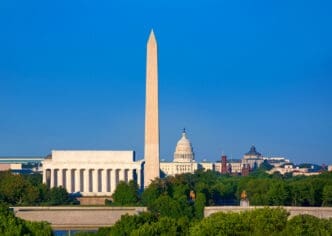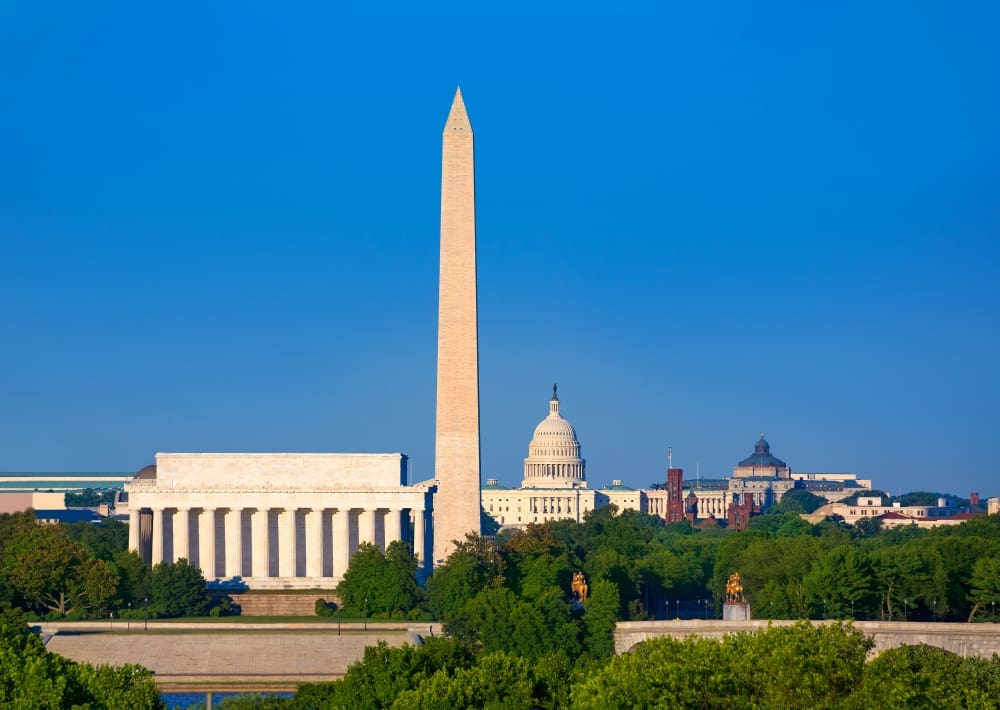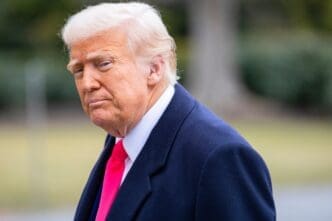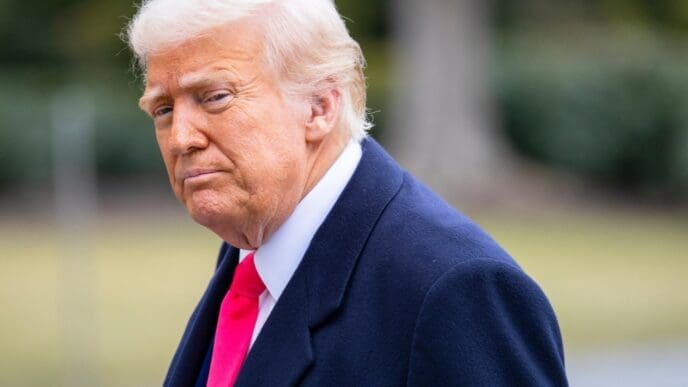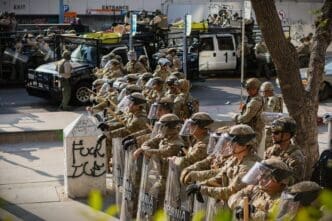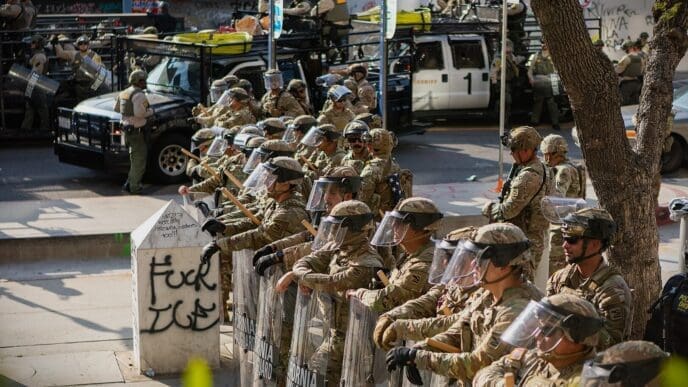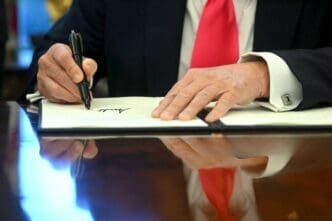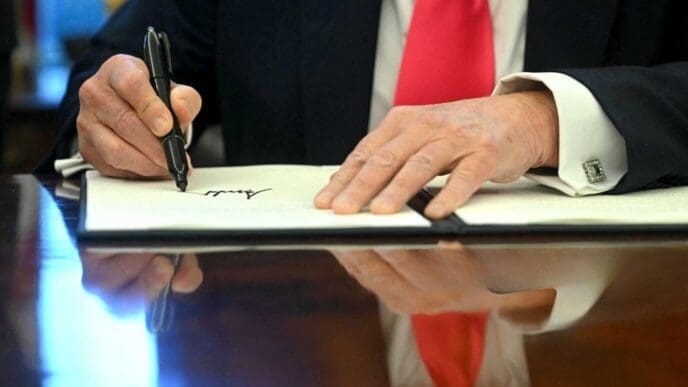KEY POINTS
Washington Mayor Muriel Bowser is navigating a high-stakes political test, adopting a shifting and careful tone as President Donald Trump federalizes the capital’s police and deploys the National Guard in a citywide crime crackdown. The mayor, who once sought a working relationship with the White House, now finds herself balancing the need to protect D.C.’s fragile autonomy with the political reality of avoiding a direct confrontation with President Trump, who has made the city a prime target.
A Delicate Balance
Mayor Bowser’s public statements reveal a leader attempting to communicate multiple, sometimes conflicting, messages simultaneously. On Monday, she described President Trump’s executive action as “unsettling and unprecedented,” but carefully aimed her frustration at the city’s lack of autonomy rather than at the president himself. “I can’t say that given some of the rhetoric of the past that we’re totally surprised,” she said.
Minutes later, Bowser acknowledged she lacked the legal power to stop President Trump’s plan and even suggested it could have upsides for the city. “The fact that we have more law enforcement and presence in neighborhoods, that may be positive,” she told reporters, illustrating the narrow tightrope she must walk.
Democrats Offer Sharper Rebuke
In stark contrast, other prominent Democrats have offered a much sharper and more direct rebuke of the White House’s actions. House Minority Leader Hakeem Jeffries dismissed President Trump’s standing on the issue, posting on social media that “The crime scene in D.C. most damaging to everyday Americans is at 1600 Pennsylvania Ave.”
Los Angeles Mayor Karen Bass, who has previously dealt with federal deployments in her own city, echoed that sentiment, calling the move a political maneuver. “To me, it just all boiled down to being a stunt and I just don’t think you should use our troops for political stunts,” Bass stated.
The Shadow of Home Rule
Underpinning Bowser’s cautious approach is the unique and precarious political status of the District of Columbia. D.C. Councilmember Christina Henderson noted the constant threat to the city’s limited self-governance, granted by Congress only in 1973. “You do not want to be the mayor that loses home rule and that there is no mayor after you,” Henderson said, sympathizing with the difficult position Bowser is in.
This reality forces the mayor to weigh every word, as Congress retains the authority to overrule local D.C. laws and the White House wields significant power over the city’s operations.
An Evolving Stance
While Bowser’s initial response was measured, her tone grew stronger as the week progressed. During a virtual meeting with community leaders on Tuesday, she adopted a more defiant posture. “This is a time where community needs to jump in and we all need to, to do what we can in our space, in our lane, to protect our city and to protect our autonomy,” Bowser urged.
In a direct reference to the president, she called on residents to “get to the other side of this guy, and make sure we elect a Democratic House so that we have a backstop to this authoritarian push.”
A Strategic Calculation
Political analysts see Bowser’s approach as a strategic necessity. Tom Sherwood, a veteran reporter and analyst for WAMU, said the mayor is contending with President Trump’s unpredictable nature and a persistent narrative from the White House. “The image from the president is that the district is a liberal, mostly Black city that doesn’t care about fighting crime, and so that’s left the mayor and the DC Council as prime targets for him,” Sherwood explained.
Even local activists, who are fiercely opposed to President Trump, have shown a degree of understanding for the mayor’s position. Nee Nee Taylor, an organizing director for the statehood advocacy group Free DC, said that while her group denounces the administration’s actions, she believes Bowser is doing what she can. “I think she’s standing up to the best of her ability, being that DC is not a state,” Taylor said.
Ultimately, Mayor Bowser is caught between an unprecedented federal intervention and the expectations of her strongly anti-Trump constituency. Her evolving rhetoric reflects the fundamental challenge of governing a city that is not a state, forcing a delicate balance between defiance and pragmatism in the face of immense presidential pressure.

